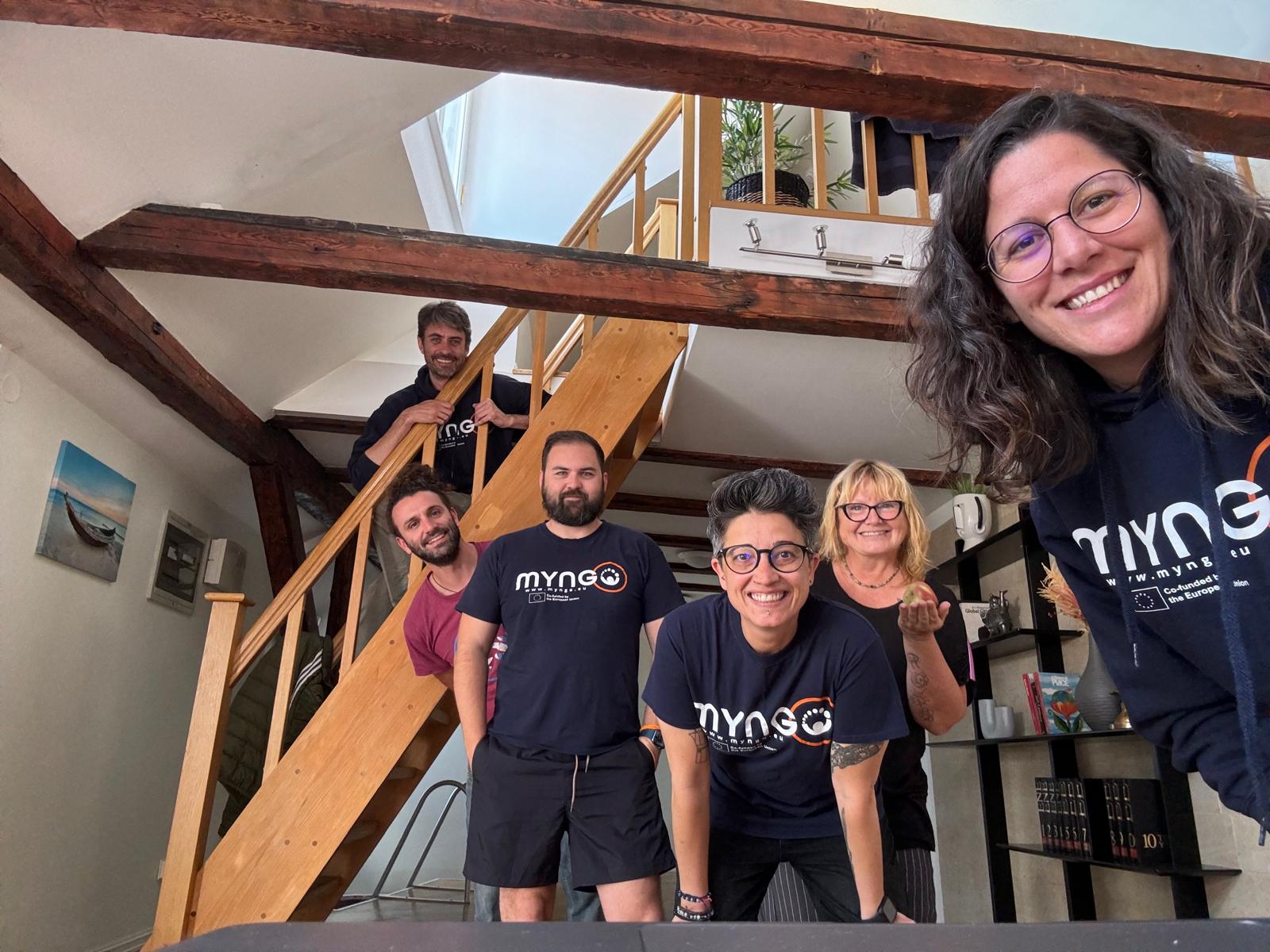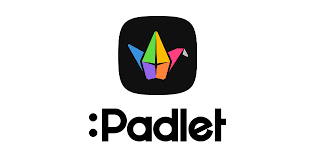
The European Solidarity Corps is a European Union initiative that provides opportunities for young people to volunteer or work on projects that benefit communities and people around Europe. This initiative aims to promote solidarity and foster a sense of European identity among young people. However, volunteering in the European Solidarity Corps can be a challenging and daunting experience, especially for those who are new to volunteering or working in a foreign country.
Digital tools can play a crucial role in supporting volunteers on their journey and helping them to share their stories.
Recruitment
The first step in a volunteer’s journey in the European Solidarity Corps is recruitment. The European Solidarity Corps portal provides a platform for young people to apply for volunteer positions or project opportunities. The portal allows volunteers to create a profile, search for available positions, and apply for positions that match their skills and interests. The platform also provides information about the application process, eligibility criteria, and frequently asked questions.
Training
Once a volunteer has been selected, they will receive training to prepare them for their placement. The European Solidarity Corps provides training through a range of digital tools, such as online training courses, webinars, and e-learning platforms. These tools allow volunteers to learn at their own pace and to access training materials from anywhere, at any time. The training covers a range of topics, including intercultural communication, project management, and youth work.
Communication
Effective communication is crucial for volunteers working on a project. The European Solidarity Corps provides digital tools that facilitate communication between volunteers, project coordinators, and partner organisations. These tools include email, instant messaging apps, video conferencing platforms, and project management software. These tools make it easy to share information, coordinate tasks, and collaborate on projects, regardless of location.
Sharing Stories
Volunteers in the European Solidarity Corps have the opportunity to share their stories and experiences with others. The European Solidarity Corps encourages volunteers to share their stories through social media, blogs, and other digital platforms. The European Solidarity Corps portal also provides a platform for volunteers to share their stories and to inspire others to volunteer.
Volunteering in the European Solidarity Corps can be a life-changing experience for young people. Digital tools play a crucial role in supporting volunteers on their journey, from recruitment to completion. These tools make it easier for volunteers to connect with organisations, receive training, communicate with team members, and share their stories with others. By using digital tools, the European Solidarity Corps is empowering young people to make a positive impact on communities and people across Europe.

How can digital tools help with some common volunteer issues:
Culture shock is a common experience for people who travel or move to a new country. It refers to the feelings of disorientation, confusion, and anxiety that can arise when individuals are exposed to a new culture, customs, and social norms. Online platforms and digital tools (not including the ESC platforms) can be useful in helping individuals cope with culture shock in the following ways:
- Language Learning Apps: Language learning apps such as Duolingo (https://www.duolingo.com), Babbel (https://uk.babbel.com), and Rosetta Stone (https://www.rosettastone.com) can be an excellent tool for individuals who are struggling to communicate in a new language. Learning even a few basic phrases can help individuals feel more comfortable in social situations and navigate daily life with greater ease.
- Social Media Groups: Social media groups such as Facebook (https://www.facebook.com), Reddit (https://www.reddit.com), and LinkedIn (https://www.linkedin.com) can be used to connect with other people who have experienced or are currently experiencing culture shock. These groups can provide a sense of community and support, and individuals can exchange tips, advice, and stories about their experiences.
- Cultural Exchange Programs: Cultural exchange programs such as Couchsurfing (https://www.couchsurfing.com), Eatwith (https://www.eatwith.com), and Workaway (https://www.workaway.info) can provide individuals with the opportunity to immerse themselves in the local culture and customs. These programs often connect individuals with local families or organisations, and individuals can learn more about the culture, traditions, and way of life of the local people.
- Virtual Tours: Virtual tours of museums, landmarks, and other cultural attractions can be an excellent way for individuals to learn more about the local culture and history. Many museums and cultural sites now offer virtual tours that can be accessed online, and individuals can learn more about the local customs and traditions from the comfort of their own home. For example; https://artsandculture.google.com/project/virtual-tours,
Online platforms and digital tools can be a valuable resource for individuals who are experiencing culture shock. These tools can provide language support, social connections, cultural exchange opportunities and virtual tours, all of which can help individuals navigate the challenges of adapting to a new culture.
Lack of motivation is also a common problem that many people face, especially when it comes to specific tasks that may seem boring or uninteresting. However, online platforms and digital tools can be useful in helping individuals overcome their lack of motivation and stay on track with their tasks. Here are some ways that online platforms and digital tools can help with lack of motivation in specific tasks:
- Task Management Apps: Task management apps such as Trello (https://trello.com), Asana (https://asana.com), and Padlet (http://padlet.com) can help individuals break down their tasks into smaller, more manageable steps. These apps can provide a sense of accomplishment as individuals complete each task, which can help boost motivation and productivity.
- Gamification: Gamification is the use of game-like features to make tasks more engaging and motivating. Many online platforms and apps, such as Habitica (https://habitica.com/static/home) and Forest (https://www.forestapp.cc), use gamification to encourage individuals to complete their tasks by providing rewards, badges, and other incentives.
- Online Communities: Joining online communities focused on a specific task or goal can provide individuals with support, motivation, and accountability. For example, if someone is struggling to stay motivated with a fitness routine, joining an online fitness community can provide them with encouragement and support from like-minded individuals.
- Mindfulness and Meditation Apps: Mindfulness and meditation apps such as Headspace (https://www.headspace.com) and Calm (https://www.calm.com) can help individuals overcome distractions and negative thoughts that may be contributing to their lack of motivation. These apps can help individuals relax and focus on the present moment, which can improve their motivation and productivity.
- Virtual Co-Working: Virtual co-working is a concept where individuals work alongside others virtually. Online platforms such as Focusmate (https://www.focusmate.com/) and Zoom (https://zoom.us) can provide individuals with a virtual co-working environment where they can work alongside others and stay accountable to their tasks.
Lack of motivation in specific tasks can be overcome with the help of online platforms and digital tools. Task management apps, gamification, online communities, mindfulness and meditation apps, and virtual co-working can all be useful in helping individuals stay motivated and productive. By utilising these tools, individuals can break down their tasks into smaller, more manageable steps, receive support and encouragement from like-minded individuals, and stay accountable to their goals.
Volunteers play an essential role in many organisations, and keeping them motivated and invested in the project is critical to the success of the project. Online platforms and digital tools can be useful in providing rewards and recognition to volunteers, which can help keep them invested in the project. Here are some ways that online platforms and digital tools can be used to reward volunteers and keep them invested in the project:
- Social Media Shoutouts: Social media is an excellent platform for recognising and rewarding volunteers publicly. Organisations can use social media platforms such as Facebook, Twitter, and Instagram to give shoutouts to their volunteers and thank them for their contributions. Volunteers can be tagged in posts and thanked for their specific contributions, which can make them feel appreciated and valued.
- Digital Badges and Certificates: Digital badges and certificates can be used to recognise volunteers for their specific achievements and contributions. Organisations can use platforms such as Badgecraft (https://www.badgecraft.eu) and Open Badge Factory (https://openbadgefactory.com/en) to create digital badges and certificates that can be awarded to volunteers for completing specific tasks or milestones.
- Virtual Events: Virtual events such as webinars, workshops, and training sessions can be used to reward volunteers and provide them with opportunities to learn new skills and connect with other volunteers. These events can be held online, making them accessible to volunteers from all over the world.
- Online Surveys and Feedback: Online surveys and feedback forms using Google Forms (https://www.google.com/forms/about) or Survey Monkey (https://www.surveymonkey.com) can be used to gather feedback from volunteers about their experiences and contributions to the project. This feedback can be used to make improvements and changes to the project and to recognise volunteers for their contributions.
Online platforms and digital tools can be used to reward volunteers and keep them invested in the project. Social media shoutouts, digital badges and certificates, virtual events, online surveys and feedback, and online recognition platforms can all be useful in recognising and rewarding volunteers for their contributions. By using these tools, organisations can keep their volunteers motivated and invested in the project, which can lead to greater success and impact.







